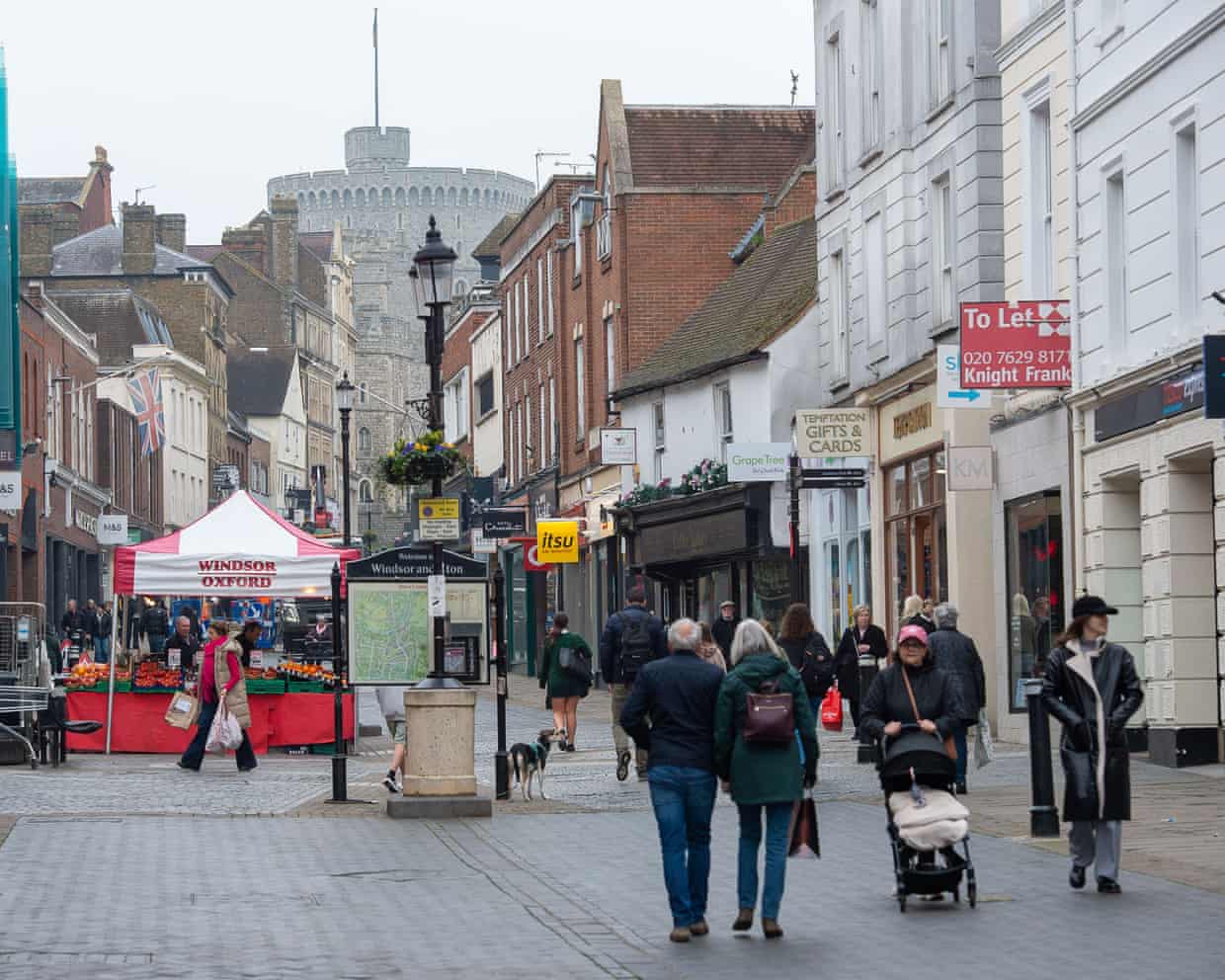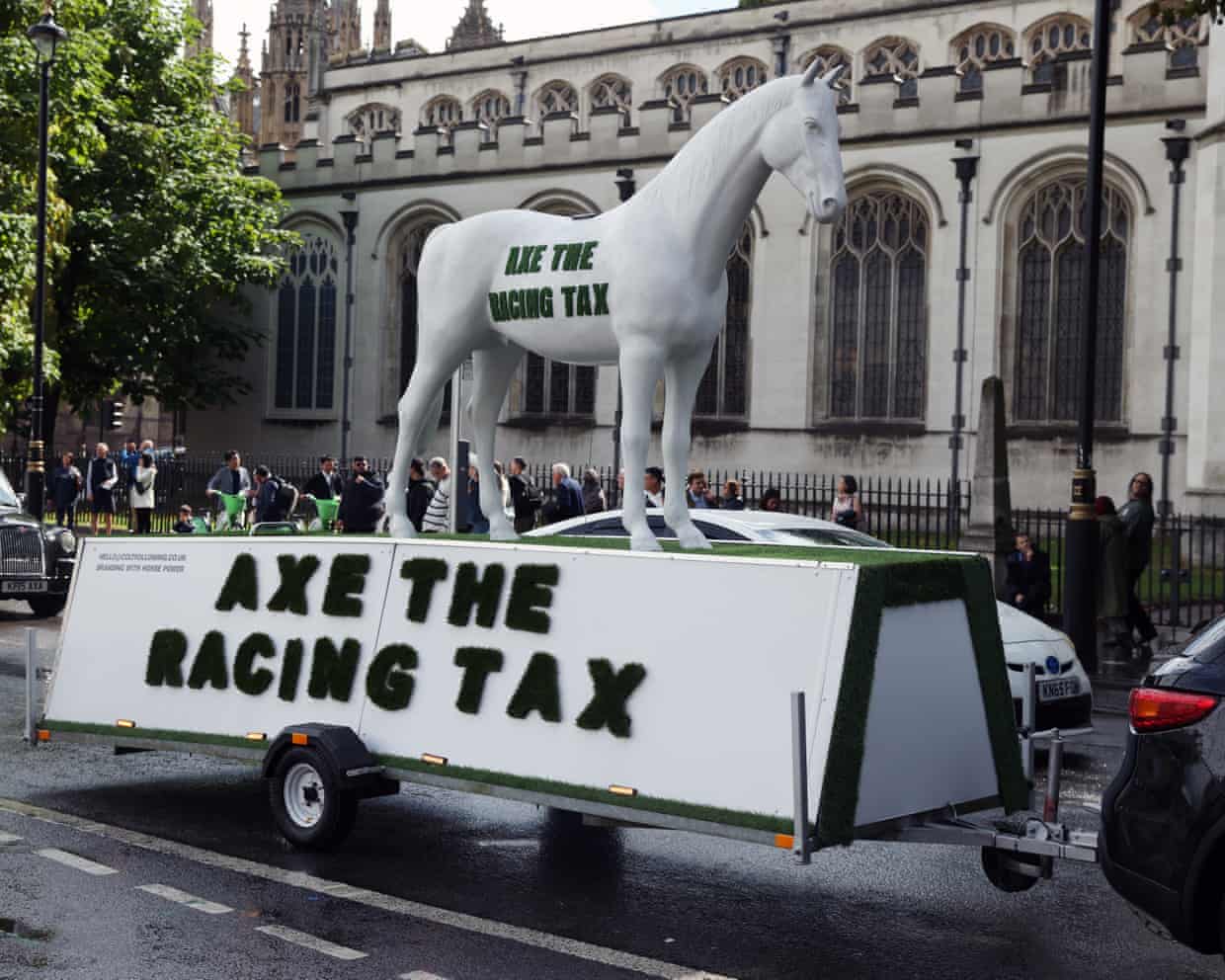Relief for retailers as business rate changes in budget not as bad as feared

Retailers have breathed a sigh of relief after changes to their business rates bills in the budget were not as bad as feared, after the industry had warned for months that more punitive measures could lead to shop closures and jobs losses.The chancellor, Rachel Reeves, on Wednesday revealed plans to permanently reduce business rates for retail, hospitality and leisure properties – although the discounts are not as generous as those that have been in place since the pandemic.About 750,000 properties in those sectors will see their bills set below the current standard level, with deeper discounts for smaller operators, according to the government.Businesses are still calculating what their ultimate bills will be, but the global tax firm Ryan calculated that there are 3,480 retail properties in England that have the higher rateable value and together would pay an extra £112m in business rates from April 2026.However, the government is providing billions of pounds of “transitional relief” to help those whose bills will increase dramatically next year.
Jitters over the government’s final decision had led the British Retail Consortium (BRC), which represents most big retailers, to warn in September that a large rise in bills could lead 400 big stores to close and put as many as 100,000 jobs at risk,However, reacting to the budget on Wednesday, the chief executive of Sainsbury’s said “industry concerns have been heard”,“We all want to see inflation and the cost of living come down,” said Simon Roberts,“We welcome the government’s decisions in the budget on business rates, and that industry concerns have been heard,We have been working tirelessly to manage rising costs, and today’s measures mean we can continue tackling inflation and providing great value, quality and service for our customers.
”Those in buildings with a rateable value of more than £500,000 will pay an additional surcharge, although the charge will only be about a quarter of the level originally feared.Many retailers and hospitality businesses will also see the charge offset by deflation in the value of many of their properties, as well as the use of a lower “multiplier” figure which is used to calculate business rates.Analysts at Citi said they had predicted that the business rates changes could cost Sainsbury’s as much as £39m more, and Tesco £100m, but the chancellor’s announcement meant “that headwind is likely to be materially lower than we had expected”.George Weston, the chief executive of Primark owner Associated British Foods, said: “The net impact of the business rates reforms to Primark is positive, but we are disappointed that larger, anchor stores that drive so much activity in high streets and local communities are not exempted from the higher rate for large properties.“We recognise that the government is operating in a difficult environment.
Looking ahead, however, we now need to see more action to raise real living standards, drive growth and to reduce the cost of doing business to encourage companies to invest in the UK.”The BRC chief executive, Helen Dickinson, said it was a “mixed-bag budget” that offered relief for many shops, but brought in new costs for others.“Retailers face a delicate balancing act as they strive to invest, hire, and keep prices affordable.The announced permanent reduction in retail business rates is an important step to reduce the industry’s burden from this broken tax.Yet the decision to include larger retail premises in the new surtax does little to support retail investment and job creation.
”But the business rates changes have stoked frustration beyond the retail industry.Kate Nicholls, the chair of UKHospitality, which represents thousands of restaurants, pubs and cafes, said: “Wage rises, holiday taxes and monumental increases in [property values used to calculate rates] have put even further pressure on hospitality businesses as a result of this budget.”Business lobby group the CBI said the budget overall signalled the government’s growth mission was stalled.Rain Newton-Smith, the CBI chief executive, said: “A scatter-gun approach to tax risks leaving the economy stuck in neutral.”The City welcomed the chancellor’s decision to introduce a three-year stamp duty holiday on the purchase of shares in companies listing in the UK.
Dame Julia Hoggett, chief executive of London Stock Exchange, said the move was “a clear acknowledgment of the vital role equity markets play in driving investment, innovation and job creation.It is also an important first step in removing the distorting effects of this duty, which has historically disincentivised investment in UK companies, especially for retail investors.”

Gopichand Hinduja
Gopichand Hinduja, listed at his death aged 85 as the richest man in Britain, was one of four brothers who took their father’s Indo-Iranian trading business and turned it into a vast international conglomerate. It spread across everything from motor manufacturing to their own banks and Bollywood film-making, and had a value put on it by this year’s Sunday Times Rich List of more than £35bn.The brothers – devout, acquisitive, secretive – positioned themselves across the world like latter-day Rothschilds: one, Ashok, in India and one, Prakash, in Switzerland, with Gopichand and his elder brother, Srichand, in London. There they lived in opulence in four interconnected mansions purchased from the Crown on Carlton House Terrace on the Mall. Two years ago, at a party celebrated with canapes covered in gold leaf and in the presence of royalty, Gopichand opened his £1

Relief for retailers as business rate changes in budget not as bad as feared
Retailers have breathed a sigh of relief after changes to their business rates bills in the budget were not as bad as feared, after the industry had warned for months that more punitive measures could lead to shop closures and jobs losses.The chancellor, Rachel Reeves, on Wednesday revealed plans to permanently reduce business rates for retail, hospitality and leisure properties – although the discounts are not as generous as those that have been in place since the pandemic. About 750,000 properties in those sectors will see their bills set below the current standard level, with deeper discounts for smaller operators, according to the government.Businesses are still calculating what their ultimate bills will be, but the global tax firm Ryan calculated that there are 3,480 retail properties in England that have the higher rateable value and together would pay an extra £112m in business rates from April 2026. However, the government is providing billions of pounds of “transitional relief” to help those whose bills will increase dramatically next year

London councils enact emergency plans after three hit by cyber-attack
Three London councils have reported a cyber-attack, prompting the rollout of emergency plans and the involvement of the National Crime Agency (NCA) as they investigate whether any data has been compromised.The Royal Borough of Kensington and Chelsea (RBKC), and Westminster city council, which share some IT infrastructure, said a number of systems had been affected across both authorities, including phone lines. The councils shut down several computerised systems as a precaution to limit further possible damage.The Information Commissioner’s Office (ICO) said the London Borough of Hammersmith and Fulham had also reported an attack. Together the three authorities provide services for more than half a million Londoners

European parliament calls for social media ban on under-16s
Children under 16 should be banned from using social media unless their parents decide otherwise, the European parliament says.MEPs passed a resolution on age restrictions on Wednesday by a large majority. Although not legally binding, it raises pressure for European legislation amid growing alarm about the mental health risks to children of unfettered internet access.The European Commission, which is responsible for initiating EU law, is already studying Australia’s world-first social-media ban for under-16s, which is due to take effect next month.In a speech in September, the commission’s president, Ursula von der Leyen, said she would watch the implementation of Australia’s policy

Tuilagi could face England with Samoa while Marchant return is boon for Borthwick
Manu Tuilagi has refused to rule out playing for Samoa at the 2027 Rugby World Cup, leaving open the possibility of him facing Steve Borthwick’s England in Australia.The 34-year-old, who spearheaded the Red Rose midfield for more than a decade, would qualify for the Pacific Island nation in 2027 under eligibility rules introduced four years ago.Borthwick, who has overseen 11 straight wins, has been boosted by news that Joe Marchant will join Sale from Stade Français next season. The 29-year-old former Harlequin has 26 England caps and has signed a long-term deal from 2026-27 and will now be eligible again for international duty.At the launch of the 2025-26 Champions Cup, Tuilagi was asked about potential involvement in the World Cup after Samoa emerged victorious from the qualifying tournament in Dubai earlier this month

Racing celebrates ‘Axe the Tax’ Budget campaign victory after Reeves spares sport
Charles Allen, the chair of the British Horseracing Authority, paid tribute on Wednesday to “everyone who has played their part across the sport” after the budget announcement by the chancellor, Rachel Reeves, that the rate of duty for betting on horse racing will remain unchanged at 15%.Confirmation that racing would be exempt from tax hikes on online casino gaming as well as betting on football and other sports follows a seven-month campaign under the slogan “Axe The Racing Tax”. It was initially launched in response to a Treasury proposal to “harmonise” the duty paid on betting and gaming at a single rate.Instead, the chancellor opted for a new regime on gambling duty with a focus on online games of chance, which are associated with significantly higher rates of gambling-related harm than single-event betting. Remote Gaming Duty (RGD), the tax paid on profits from online slots and casino games, will almost double, from 21% to 40%

Diaries, artworks and more to be auctioned from Marianne Faithfull’s personal belongings

Donald Glover reveals he had a stroke on Childish Gambino tour in 2024

‘He was just trying to earn a few kopecks’: how newly translated stories reveal Chekhov’s silly side

From Wicked: For Good to Stranger Things: your complete entertainment guide to the week ahead

Kristen Bell and Brian Cox among actors shocked they’re attached to Fox News podcast

The Guide #218: For gen Zers like me, YouTube isn’t an app or a website – it’s the backdrop to our waking lives